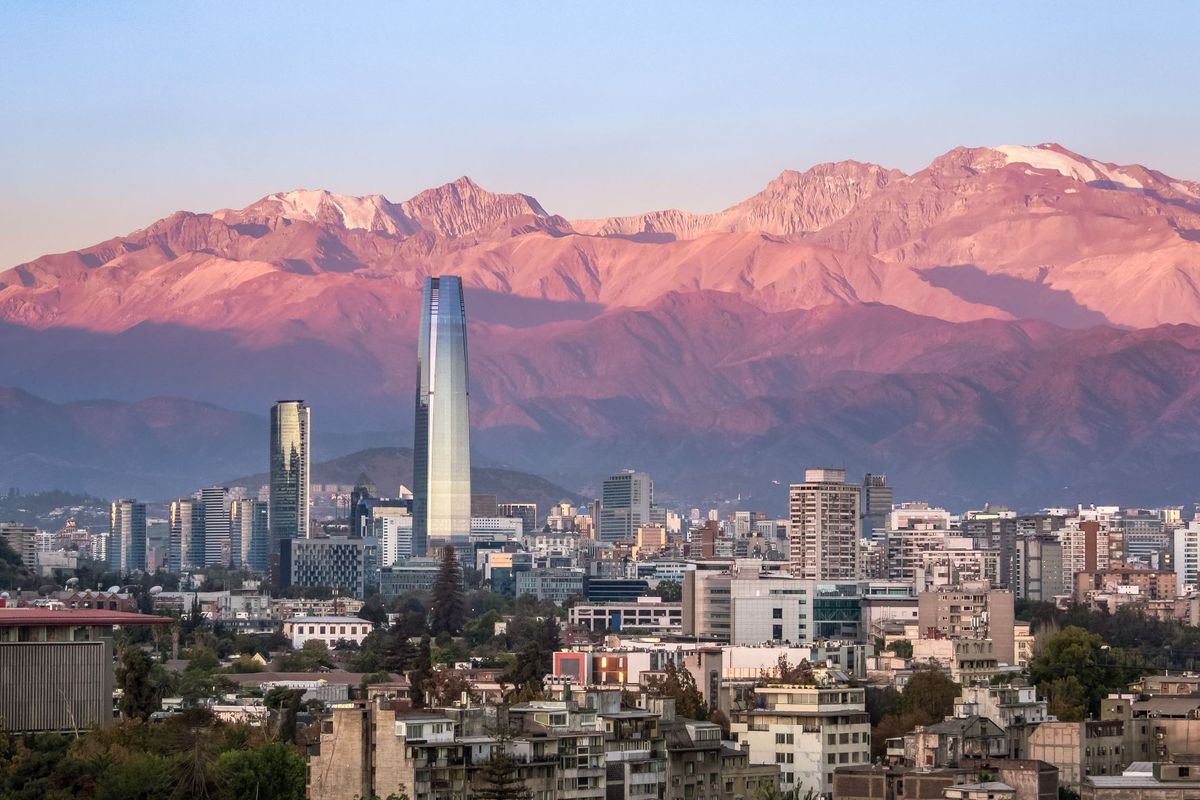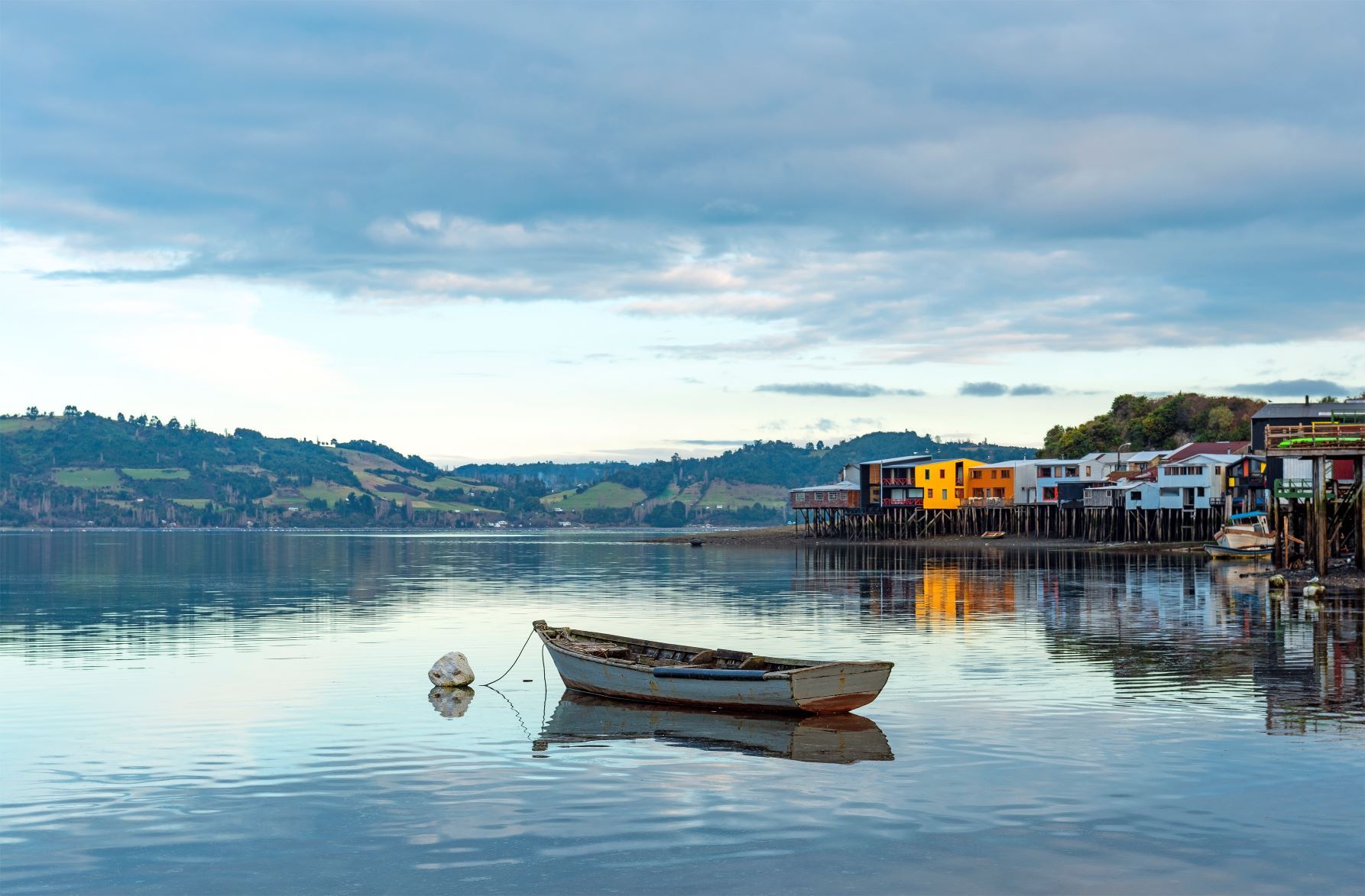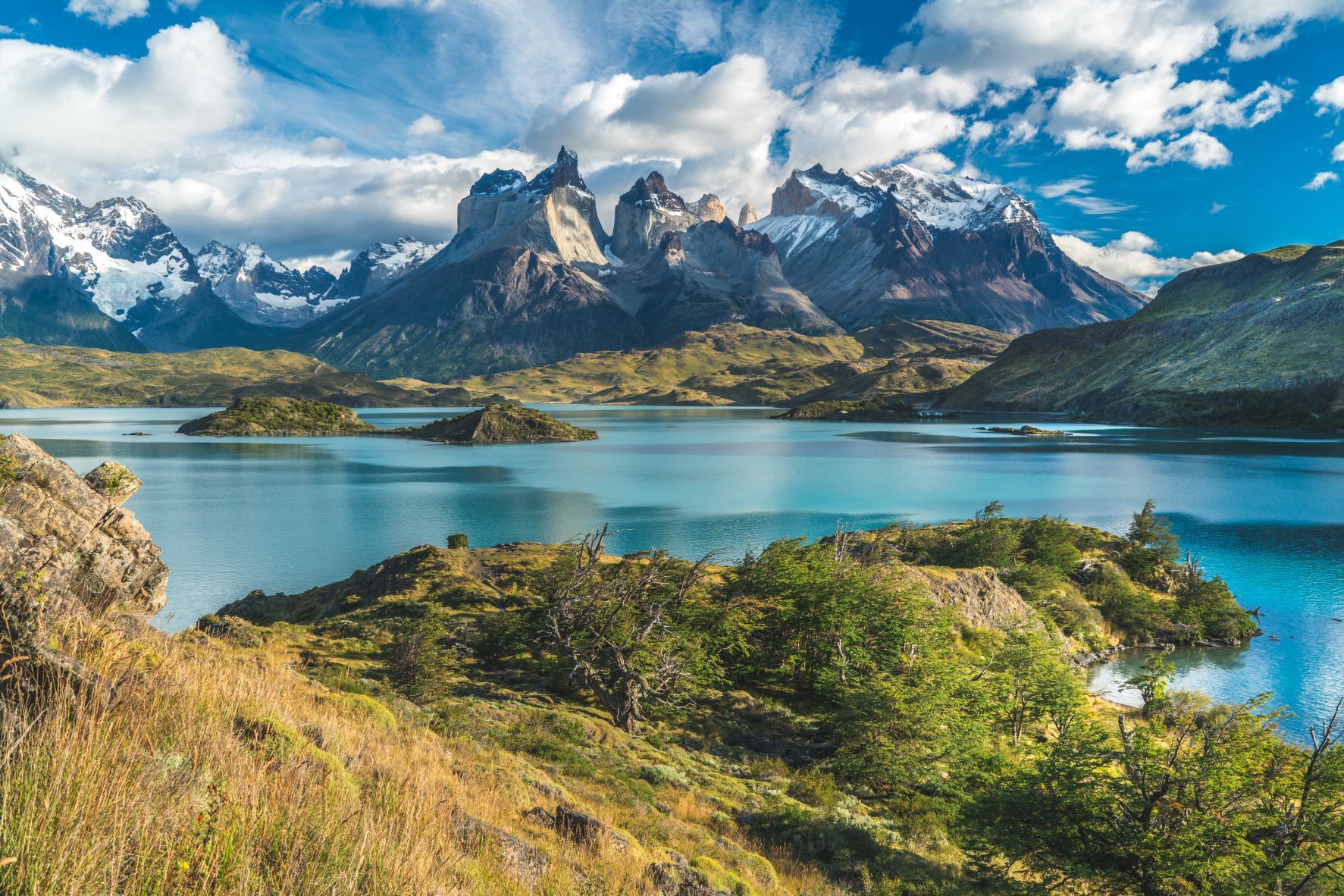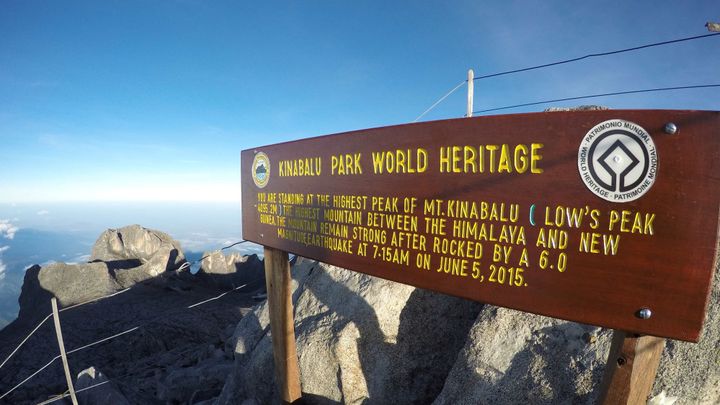Next Generation Trans-Pacific Leaders Unite for Sustainability
They may be an ocean apart, but cross-pollination between New Zealand and Chile can help address our shared climate challenges.

They may be an ocean apart, but cross-pollination between New Zealand and Chile can help address our shared climate challenges.
What do you get when you task 29 Kiwi, Chilean and ‘Chiwi’ (Chilean-Kiwi) emerging leaders with tackling climate change? An abundance of ideas, creative communication and cross-cultural connections centred around sustainable development solutions.
The inspiring results were presented at a virtual symposium on 9/10 December 2021 by participants in the Winds of Change programme at the Latin America Centre of Asia-Pacific Excellence (CAPE). The culmination of six months’ work, the symposium showcased the creative climate solutions, strategies, practice and policy devised by eight groups, and the power of multidisciplinary collaboration.
Each group investigated a shared climate change challenge and created an engaging communication output focusing on this challenge. Participants came from diverse backgrounds and disciplines – academia, industry, government and education – sparking a diversity of focus topics and outputs. The eight topics covered were:
- Glacial tourism in a warming world
- Expanding private sector finance in climate change community-based projects for Chile and New Zealand
- Water scarcity and water management
- Water and climate change: environmental education for high school students
- Eating for tomorrow: Food and climate in Chile and Aotearoa
- A forgotten gas: The impact of nitrous oxide on climate change and how it can be managed
- Wetlands: Are they a potential solution to reduce the risk of flooding?
- Seaweed: An ocean of opportunities for climate change
Similarities and differences key to Chile-New Zealand knowledge exchange
Many of the projects focused on finding commonalities. Groups identified farming, food, and water as sectors vulnerable to climate change in both countries. Despite geographical separation, New Zealand and Chile face similar environmental and economic challenges induced by climate change, especially in the south of our countries where beech forest cloaks tall mountains next-door to coastlines framed by kelp.
For example, the Andes and Southern Alps are both braided with glaciers that support local communities through tourism. But these icy behemoths are shrinking due to climate change, threatening glacier-based tourism industries and the communities who rely on them. By connecting with experts in both Chile and New Zealand, one group created a website—The Nice Tourist—with accessible information applicable to both countries on how to be a ‘nice’ tourist: how to pick climate-friendly glacier activities, and in general how to travel in a climate-conscious manner.

One group found an unexpected commonality in approaches to water management. The team interviewed two Indigenous people – one from Aotearoa New Zealand and one from Chile – to learn more about Indigenous perspectives of water, finding many similarities between the Māori and Mapuche worldviews, which both treat water as valued kin rather than a commodity or resource to be exploited.
When we embarked on this project, we didn’t expect that the front-and-centre theme would be the worldview of Indigenous peoples across both New Zealand and Chile, but that did end up being the main takeaway for our group: the immense value of the knowledge they have—Chris Lijzenga, Winds of Change participant.
Amidst the commonalities, the participant's divergent personal experiences provided much food for thought, as witnessed in an education workshop led by a group which studied water scarcity in the two countries. The Dunedin students, who mostly enjoy easy access to water, learned how water scarcity affected participants from Latin America—a valuable lesson from the international exchange.
We need to raise awareness in students and young people so that they realise there are these different realities around the world—Catalina Ovando.
In one example, a student from Guatemala described how a nearby factory polluted local waters while producing coffee that would eventfully be served to people around the world at a global coffee franchise. This emphasised that global connections underpin local realities: even with local or regional differences in water scarcity, we need international collaboration to tackle this and other climate issues. Winds of Change offers one pathway to facilitate and grow such cooperation in a new generation of thought leaders.
Building collaborative networks to spark change
Aside from the strategic work of connecting climate change issues and solutions across two different countries, the symposium also showcased the burgeoning science communication skills of the Winds of Change cohort. The groups collectively created three infographics, three videos, an education bundle, a website and a long-form feature article.
The most impactful outcome of the programme is the resulting collaborative network of problem solvers and communicators, equipped with new skills and lasting connections. This dovetails neatly with CAPE’s mission “to prepare New Zealand’s students and businesses to engage more productively with the Asia Pacific”.
The collaborative network extends beyond individual participants. To gain deep understanding of their chosen topic, groups spoke to a wide range of experts across academia, business, policy and non-profit organisations – and formed connections between them.
The team behind the adaptation financing project, for example, worked with New Zealand non-profit Ekos, a carbon management organisation that develops “innovative approaches to financing a sustainable future”. The team identified a potential market gap in Chile for the types of sustainability products that Ekos offers. They discussed the potential for a strategic partnership between Ekos and UICN-Chile to expand their climate adaptation and mitigation financing across the Pacific. In this way, Winds of Change can be a catalyst for wider collaboration and creating unexpected connections.
Identifying gaps in expertise and business, as well as differing approaches to common problems, proved to be a rich source of inspiration. For example, the glacier team spoke to Chilean organisation Fundación Glaciares Chilenos and noted that a similar glacier protection organisation could be beneficial to New Zealand. The food team discussed Mana Kai, a New Zealand-developed framework that could underpin a national food strategy.
Futures entwined by pressing issues of our time
Once joined upon the supercontinent Gondwana, Chile and New Zealand are now an ocean apart. Nonetheless, the two countries remain connected by climate. The symposium emphasised that our environmental bonds make our differences a rich opportunity – especially when it comes to climate change solutions. The eight projects presented underscore how much impact both countries could achieve, given greater connections and knowledge exchange.
Winds of Change is a key component of our plan to deepen New Zealand’s relationship with Latin America, by showing how our futures are entwined on pressing issues of our time—Dr Matthew O’Meagher, Director of the Latin America CAPE.
The Winds of Change team are excited for an even more inclusive future of the programme, bringing cross-cultural collaboration and knowledge exchange to a wider audience.
We’re really looking forward to how we can continue to expand the programme over the next few years, and figure out ways to engage multiple communities in Chile, in New Zealand and farther afield across Latin America—Associate Professor Chris Moy.
Feature image: Santiago skyline at sunset with Costanera skyscraper and Andes Mountains. photo: iStock/diegograndi
Read more about Winds of Change





